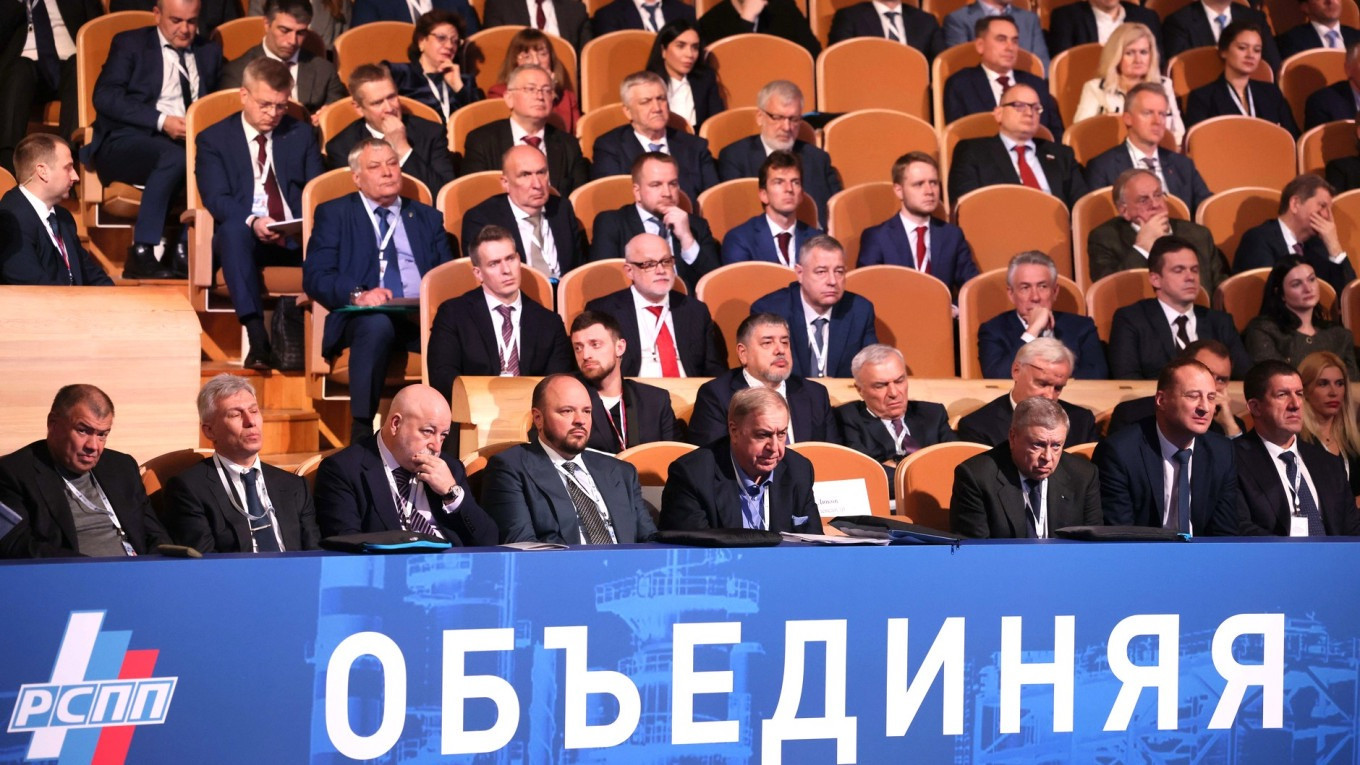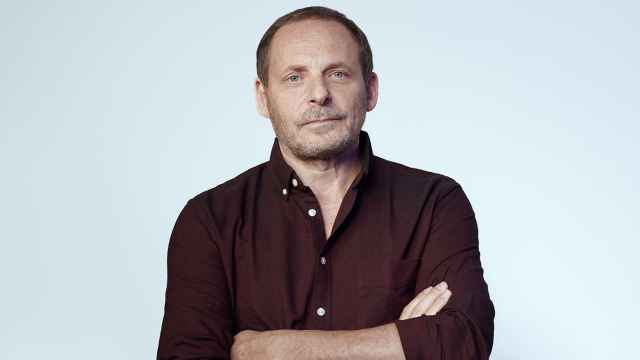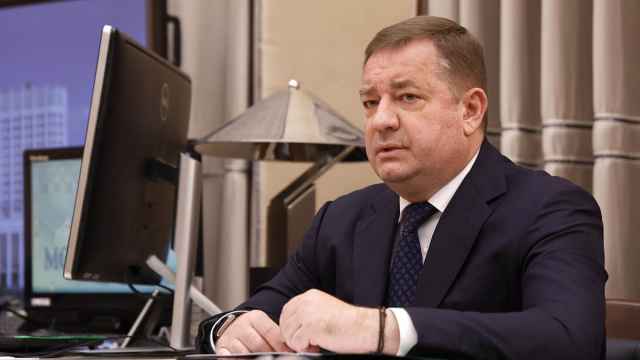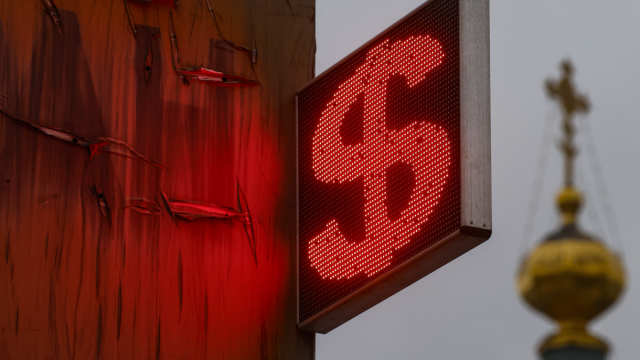However abstract market capitalization may be, and however far it may diverge from companies’ real assets, stock market trends still shape the fortunes of the world’s wealthiest people.
In recent weeks, a wave of economic news has come from the United States, where the S&P 500 index set five records in just 20 days. The capitalization of the U.S. market now exceeds $62 trillion, accounting for about half of the global total.
Despite frequent claims about the West’s decline, China’s rise and the formation of a new bipolar world, as of Sept. 18, 2025, only three of the world’s 25 most valuable companies were based outside the United States. Together, they accounted for just 10.8% of the Top 25’s capitalization — a concentration of corporate wealth without precedent.
For decades, Russian billionaires’ luxurious lifestyles have been seen as a marker of the country’s transition. In the early 2000s, when Russia’s main economic forum was oddly held in London, a panel on “luxury as Russia’s national idea” fit seamlessly into the agenda. Wealth, for many, was viewed as the only goal worth pursuing. Today, in an era of frequent military provocations, that idea looks absurd.
Mikhail Khodorkovsky was likely Russia’s first billionaire, riding the wave of soaring valuations in the late 1990s before the 1998 financial crisis. Detailed rankings that included Russians only appeared in the early 2000s. From then on, Forbes lists drew more attention in Russia than GDP data or household income statistics. Each new billionaire was celebrated as a national triumph by some and condemned as a symbol of injustice by others.
Attitudes toward the rich were never neutral: they were said to have built fortunes through dirty privatization or outright crime. Yet admiration lingered, and their wealth was still seen as a reflection of Russia’s global standing. In 2008, Gazprom chief Alexei Miller promised to make the company — briefly valued higher than Microsoft — worth $1 trillion within a decade. Today, Gazprom’s market capitalization is less than 1% of Microsoft’s.
In 2007, at the height of Russia’s boom, the country ranked second only to the U.S. in the number of billionaires. Fourteen Russians were in the global Top 100, with the richest ranked in the mid-30s. In 2025, only six remain.
The contrast is stark: twenty years ago, their combined wealth was three times greater than Bill Gates’s fortune. Today, those six together are worth three times less than Elon Musk. Nationally, Russia has fallen to fifth place, behind the U.S., China, India, and Germany.
Meanwhile, fortunes elsewhere continue to surge. On Sept. 10, Oracle founder Larry Ellison added $101 billion in a single trading day — more than the lifetime wealth of Alexei Mordashov, Leonid Mikhelson, and Vladimir Lisin combined. If trends persist, by the end of 2026 the combined wealth of the 150 richest Russians could fall below that of the world’s richest individual.
Russia’s tycoons rose largely by chance, much like oil-rich Arab elites of the 1970s–80s. Most built fortunes on natural resources or ties to state power. Two-thirds owe their wealth directly to privatization. Unlike global peers, they failed to build lasting international businesses.
A few exceptions stand out. Oleg Tinkov’s fintech project Plata is now valued at $1.5 billion. Arkady Volozh’s Nebius is worth more than Yandex, the company he founded. Nikolay Storonsky, with a 25% stake in Revolut, valued at $75 billion, may soon become the richest Russian-born entrepreneur. But most of these “new Russians” have renounced their citizenship or are close to doing so. Those who remain are trapped.
Russian entrepreneurs’ businesses remain unusually confined to domestic markets or those of the country’s neighbors. Even China’s billionaires built global firms, including innovators like ByteDance, whose TikTok is valued at nearly $340 billion — about half the size of Russia’s entire stock market. By contrast, Russian wealth was tied to oil, retail, and real estate, much of which was later lost through association with the Kremlin.
Localization brought temporary protection. While Western governments froze assets, Putin imposed only modest taxes. But this left billionaires vulnerable to property seizures and political control. Over the past three decades, big business in Russia has steadily lost political influence despite rising wealth.
By the 2020s, many top entrepreneurs were reportedly nominal holders of assets controlled by Kremlin insiders. Their diminished influence was clear when comparing business attendance at Putin’s 2024 inauguration with Trump’s in 2025.
Like their global peers, Russian billionaires are aging. The average age of global Forbes billionaires is 67; in Russia, it is nearly 70. But unlike elsewhere, the inheritance of wealth in Russia is highly uncertain, given the erosion of the rule of law.
The future of Russia’s Forbes list is unclear. The rise of Russian big business, which briefly propelled the country into the global elite, now looks like a historical accident. Within a few years, the last Russians may vanish from the Top 100, leaving behind only memories of a fleeting era of unchecked luxury.
A Message from The Moscow Times:
Dear readers,
We are facing unprecedented challenges. Russia's Prosecutor General's Office has designated The Moscow Times as an "undesirable" organization, criminalizing our work and putting our staff at risk of prosecution. This follows our earlier unjust labeling as a "foreign agent."
These actions are direct attempts to silence independent journalism in Russia. The authorities claim our work "discredits the decisions of the Russian leadership." We see things differently: we strive to provide accurate, unbiased reporting on Russia.
We, the journalists of The Moscow Times, refuse to be silenced. But to continue our work, we need your help.
Your support, no matter how small, makes a world of difference. If you can, please support us monthly starting from just $2. It's quick to set up, and every contribution makes a significant impact.
By supporting The Moscow Times, you're defending open, independent journalism in the face of repression. Thank you for standing with us.
Remind me later.








